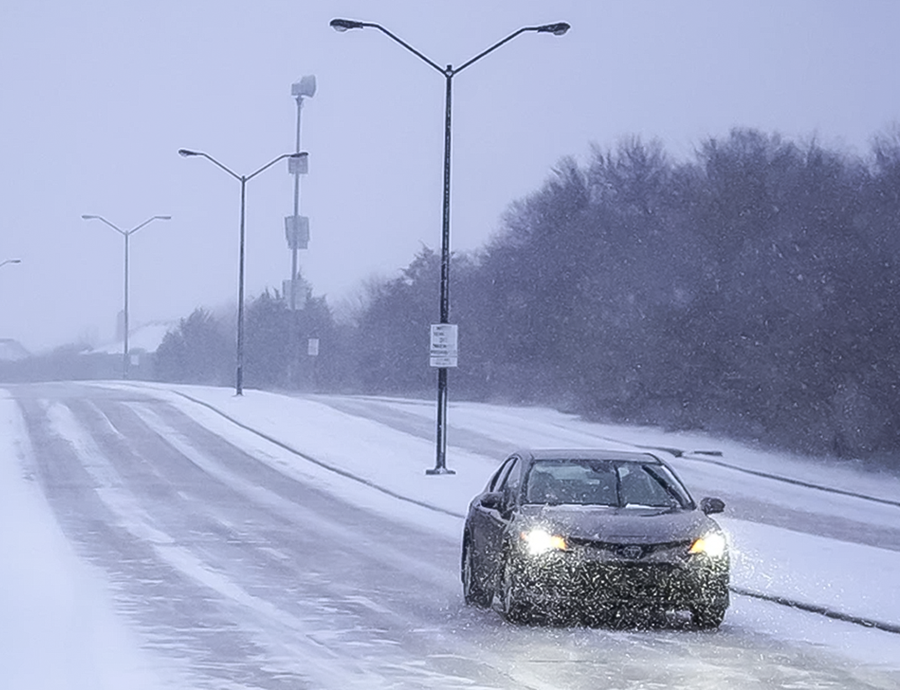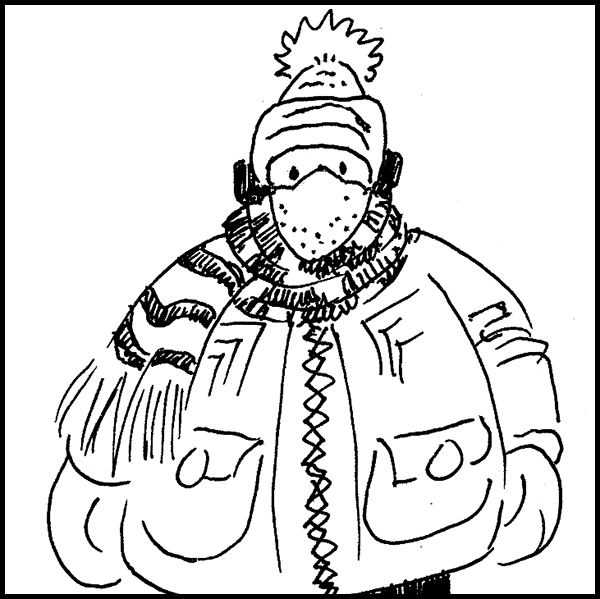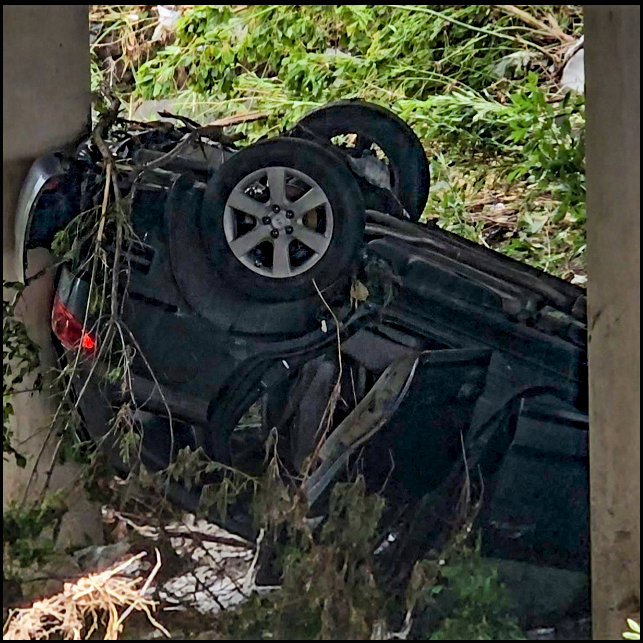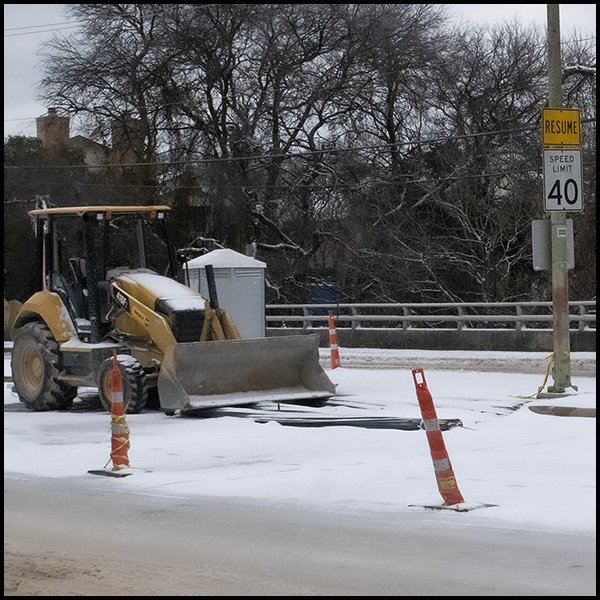Managing Editor Alex Ortuno
Spring cleaning, mowing the lawn and watering the flowers: These are all things every- one can associate with for the spring season. As the spring equinox passed by on March 20, the state was in for something else. The state was welcomed into the new season with a tornado outbreak that reached from Austin to Dallas.
Days before the storm on March 17, the National Weather Service posted a graphic stating that severe weather was expected for March 21, where all threats from severe weather were possible to occur. These threats included hail, strong winds and even tornadoes.
By March 19, the Storm Prediction Center in Norman, Oklahoma posted its new storm outlook that placed the North Central Texas region in an “enhanced” risk of storms, which meant numerous severe storms were possible. Conditions worsened as the Storm Prediction Center placed a “moderate” risk of storms in Central Texas, saying that widespread severe storms were likely.
Across the state, multiple tornadoes were recorded. According to the National Weather Service in Fort Worth at press time, about 14 tornadoes touched down in North Texas with the strongest tornado, rated an EF-3 with wind speeds up to 150 mph, striking the city of Jacksboro. One fatality was confirmed in a storm survey for a tornado that struck Sherwood Shores, a small community in Grayson County.
One tornado warning was placed in Northwestern Dallas County, prompting Dallas College to ask people at the Brookhaven Campus to seek shelter. “This is a Dallas College Alert: Brookhaven Campus is experiencing severe weather. Shelter immediately. Move to an area marked Safer Zone. Not at site? STAY AWAY for your own safety,” said a Dallas College tweet.
The Metroplex caught a break before a storm system swept through the region in the early hours of March 30 with the agency confirming a tornado briefly touched down in Rockwall County. According to the National Weather Service, the tornado was rated an EF-1 with wind speeds reaching 100 mph, striking the McLendon-Chisholm area.
With the spring season only beginning, the threat for severe weather is much more likely. Severe weather can strike at any hour of the day and can happen quickly.
Alex Lyda, senior director of communications for Dallas College, said precautions that one may take in the event their campus is in the path of severe weather.
“If you are inside, remain calm and do not exit the building. Notify others to stand back from the perimeter of the building and exterior glass. Each Dallas College campus is marked with ‘safer zones’ (areas that meet NOAA guidelines for severe weather). Close doors to prevent injury from flying debris. There are also shelter-in-place guidelines. Follow instructions from the College Emergency Response Team (CERT) members and/ or first responders,” Lyda said.
Another way to be prepared for severe weather is to be vigilant for any changes in information about the weather.
Information from the National Weather Service is the best source as this is the agency that declares watches or warnings for the region.
Dallas College issues two types of severe weather alerts, said Lyda. A watch is when conditions may deteriorate and lead to an actual severe weather event. A warning is when a weather event has been confirmed to exist by the National Weather Service.
“Alerts about severe weather impacting campus operations are sent by email to the address provided to Dallas College when the student registered for classes. You don’t have to sign up for alerts. They are sent automatically to the email address we have on file. However, if your email address has changed since you registered, be sure to update your address to ensure you get the alerts,” Lyda said.
If students and employees have further questions about emergency event procedures on campus, they are advised to visit the emergency procedures guide.
“Please consult the emergency procedures guidelines for students, employees and visitors. There you find guidelines to [follow] in the event of a fire, power outage, severe weather or other emergencies. Our Emergency Procedures Guide is designed to help with an emergency at a campus or service location,” said Lyda.
To read more from the emergency procedures guide that includes other emergencies, visit dallascollege.edu/police-safety/emergency/guide/pages/default.aspx



















